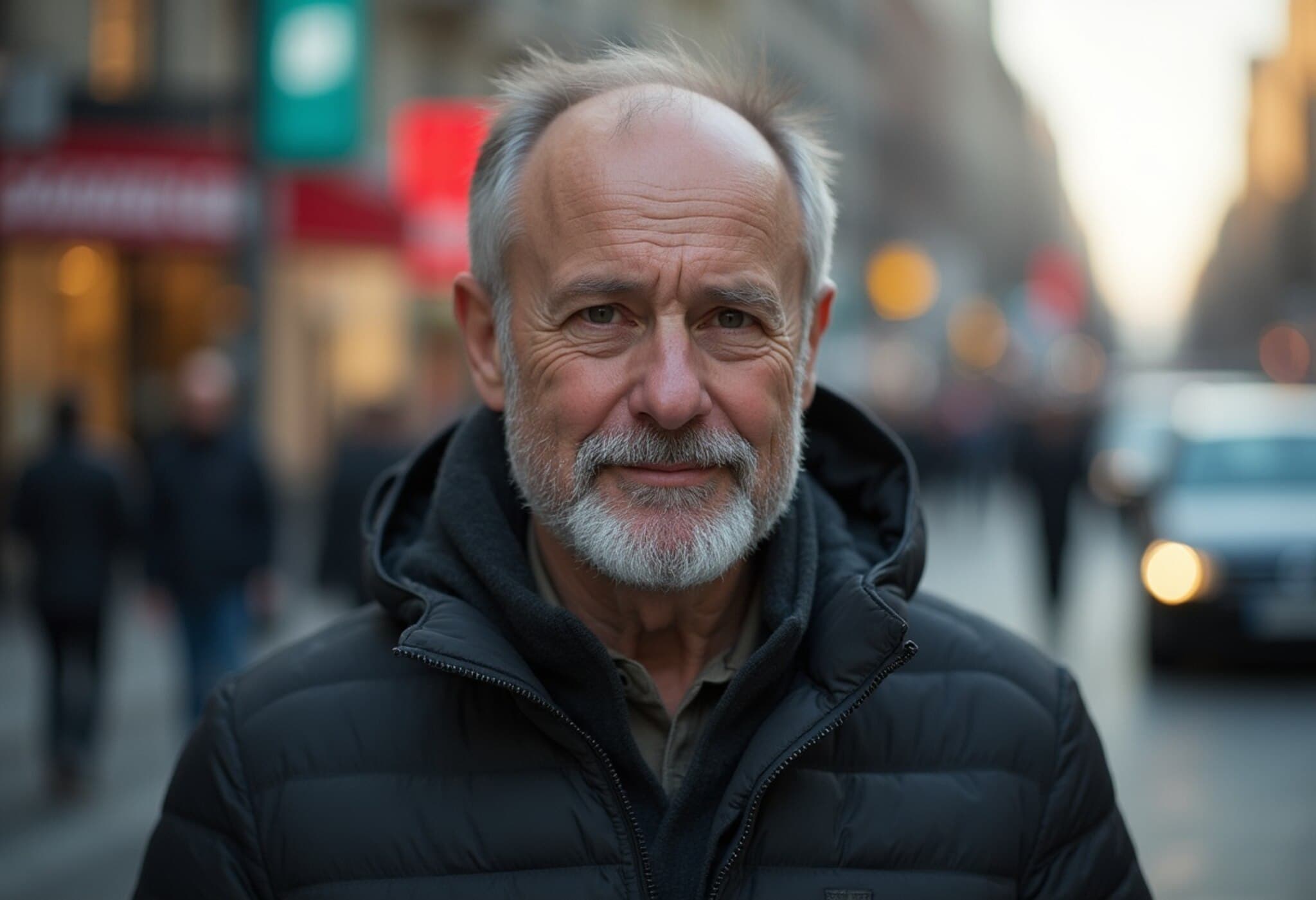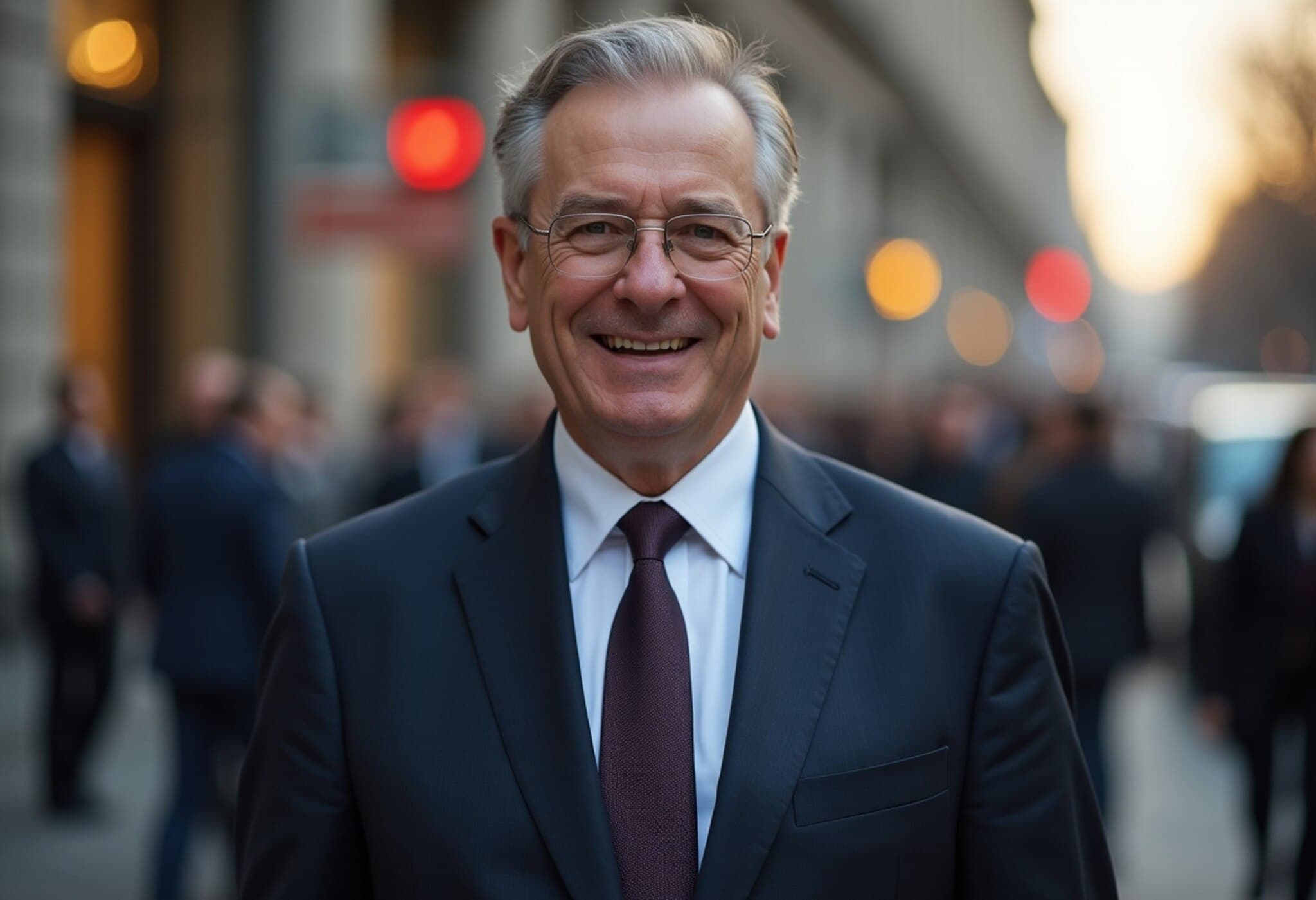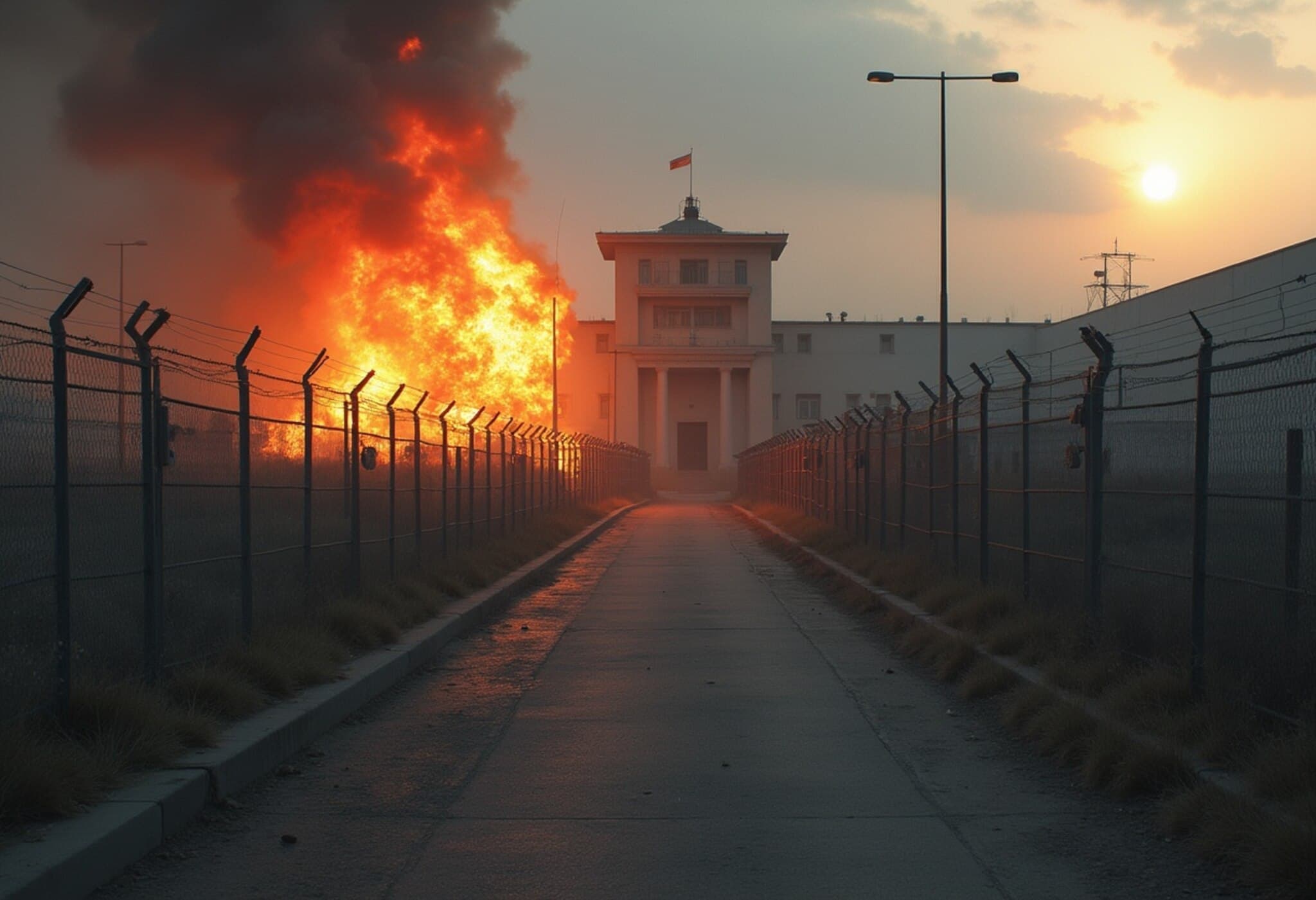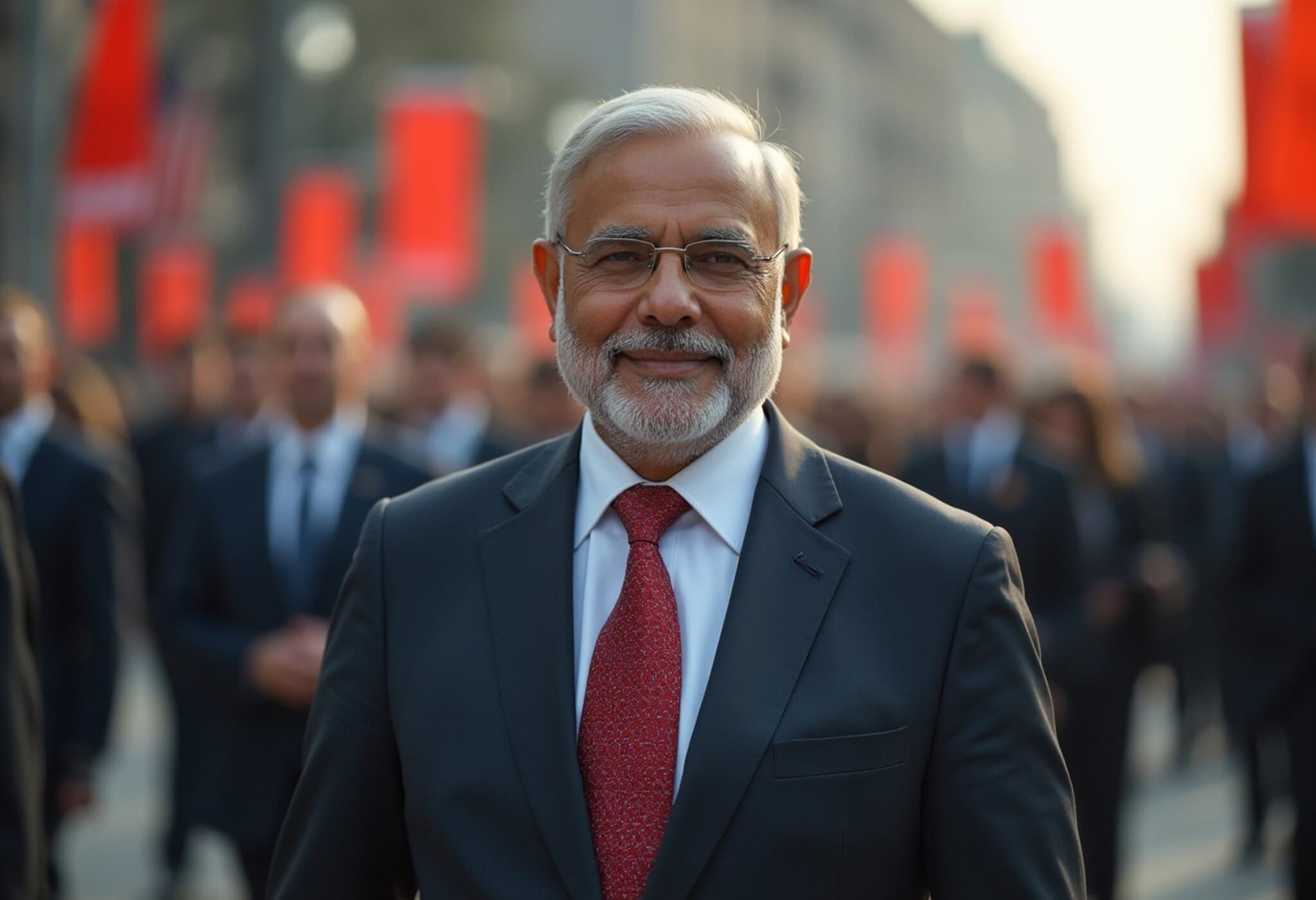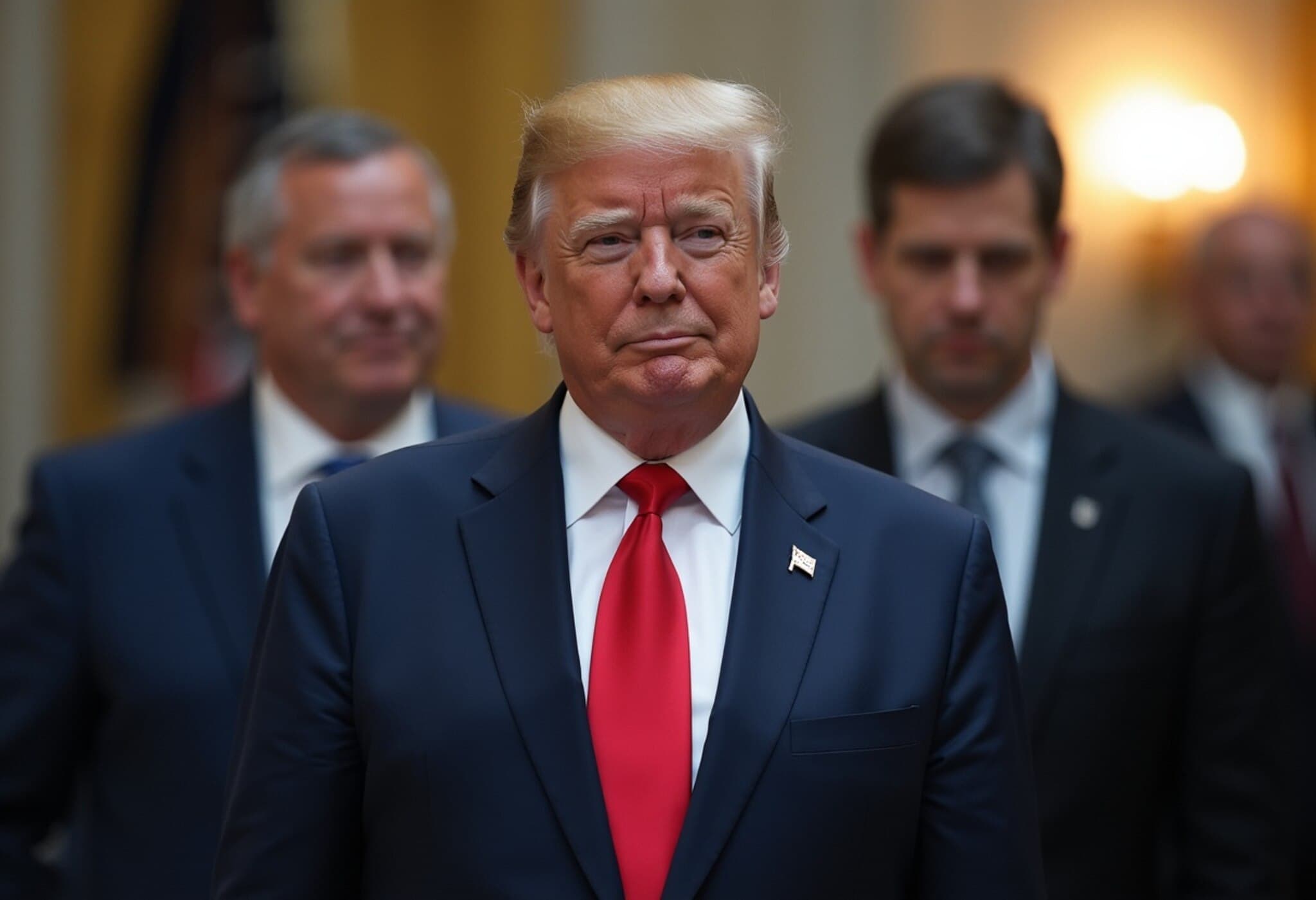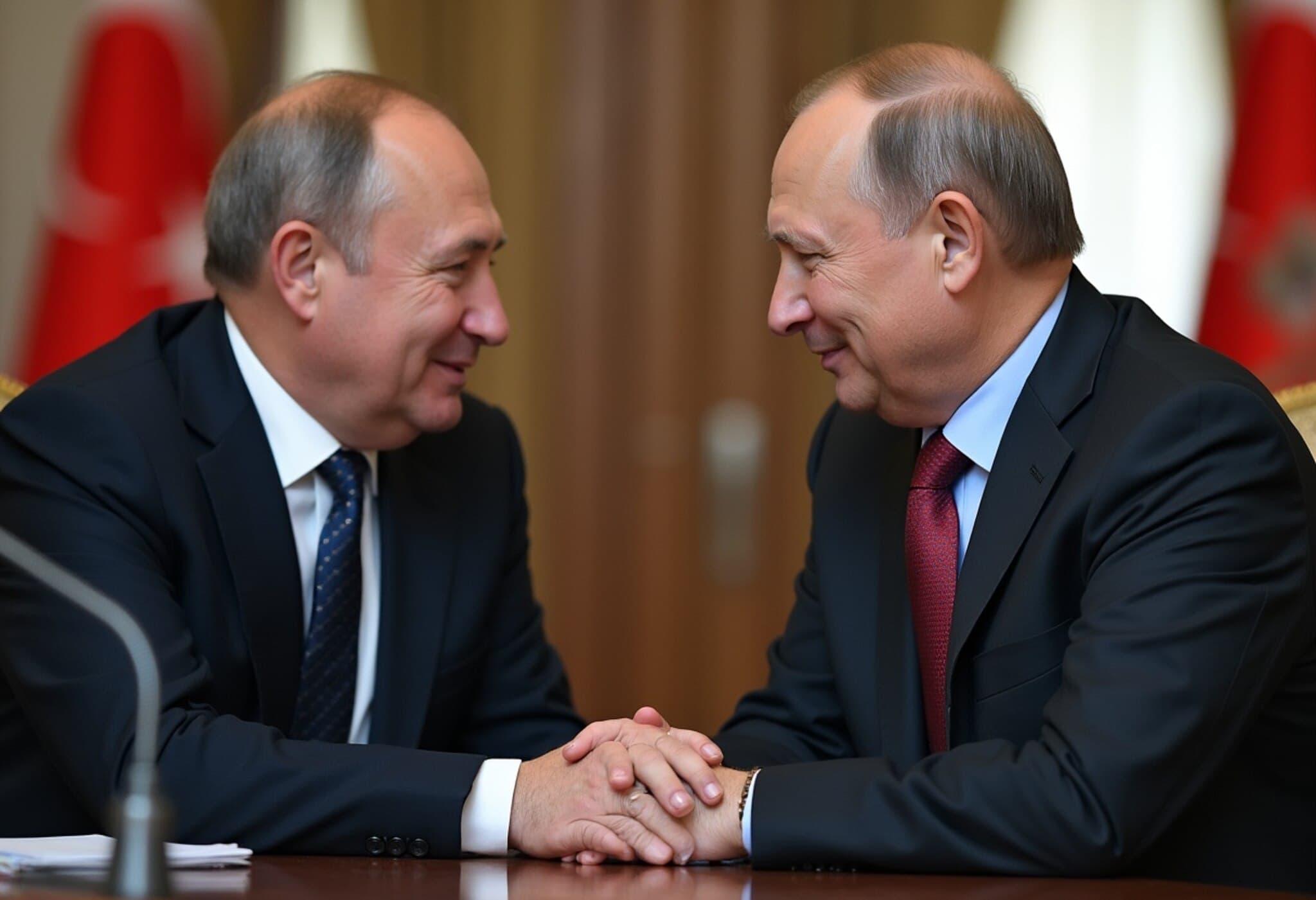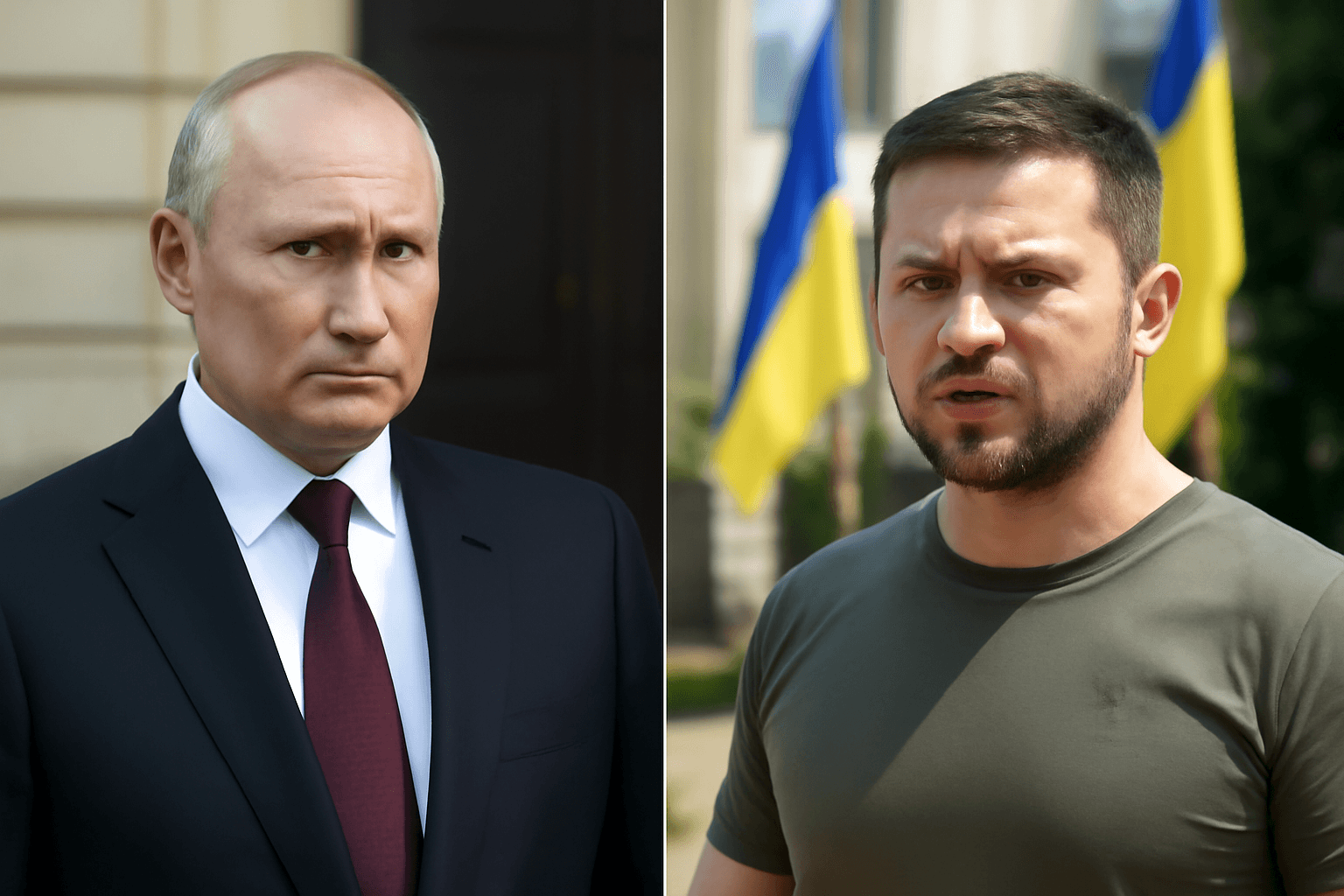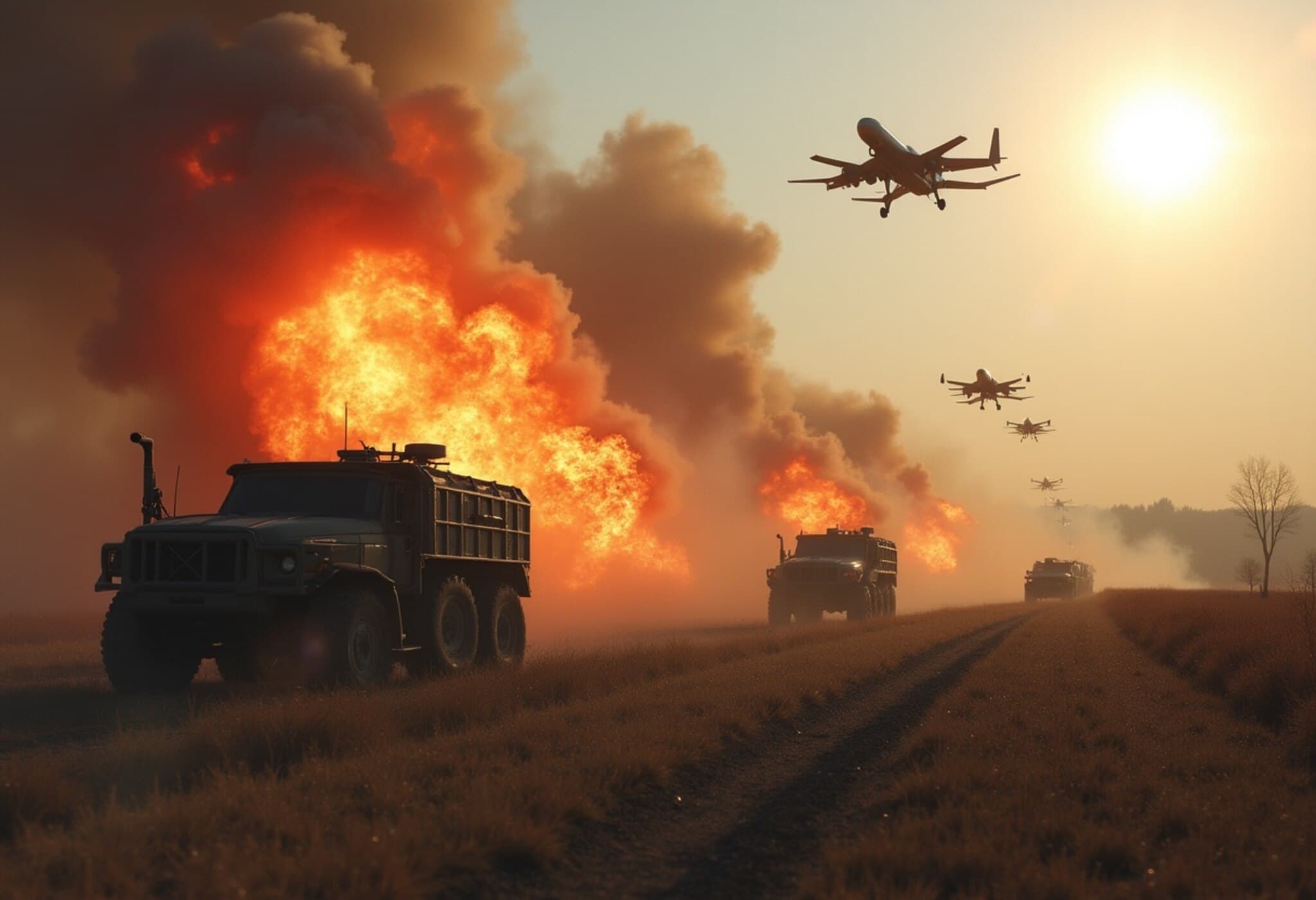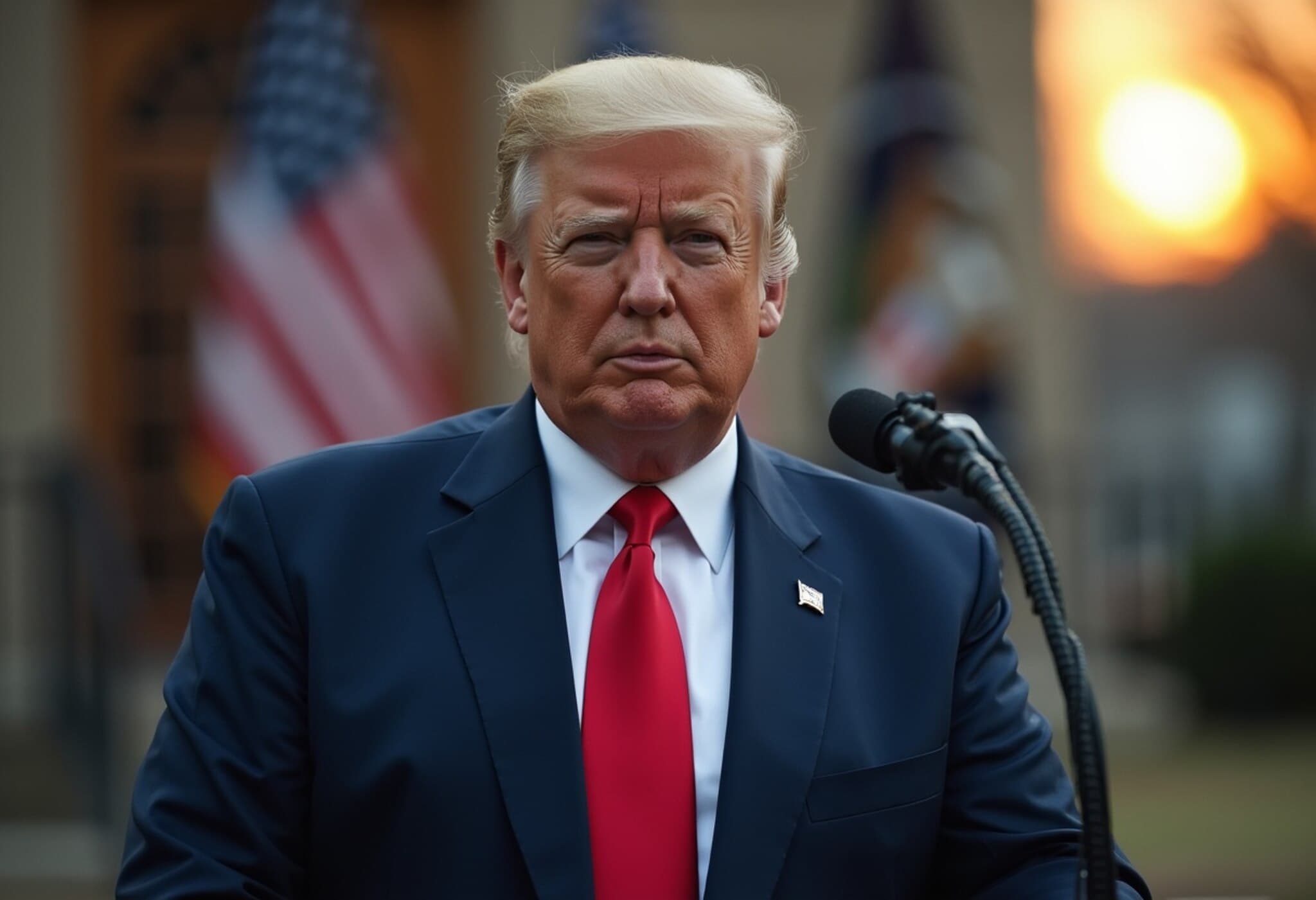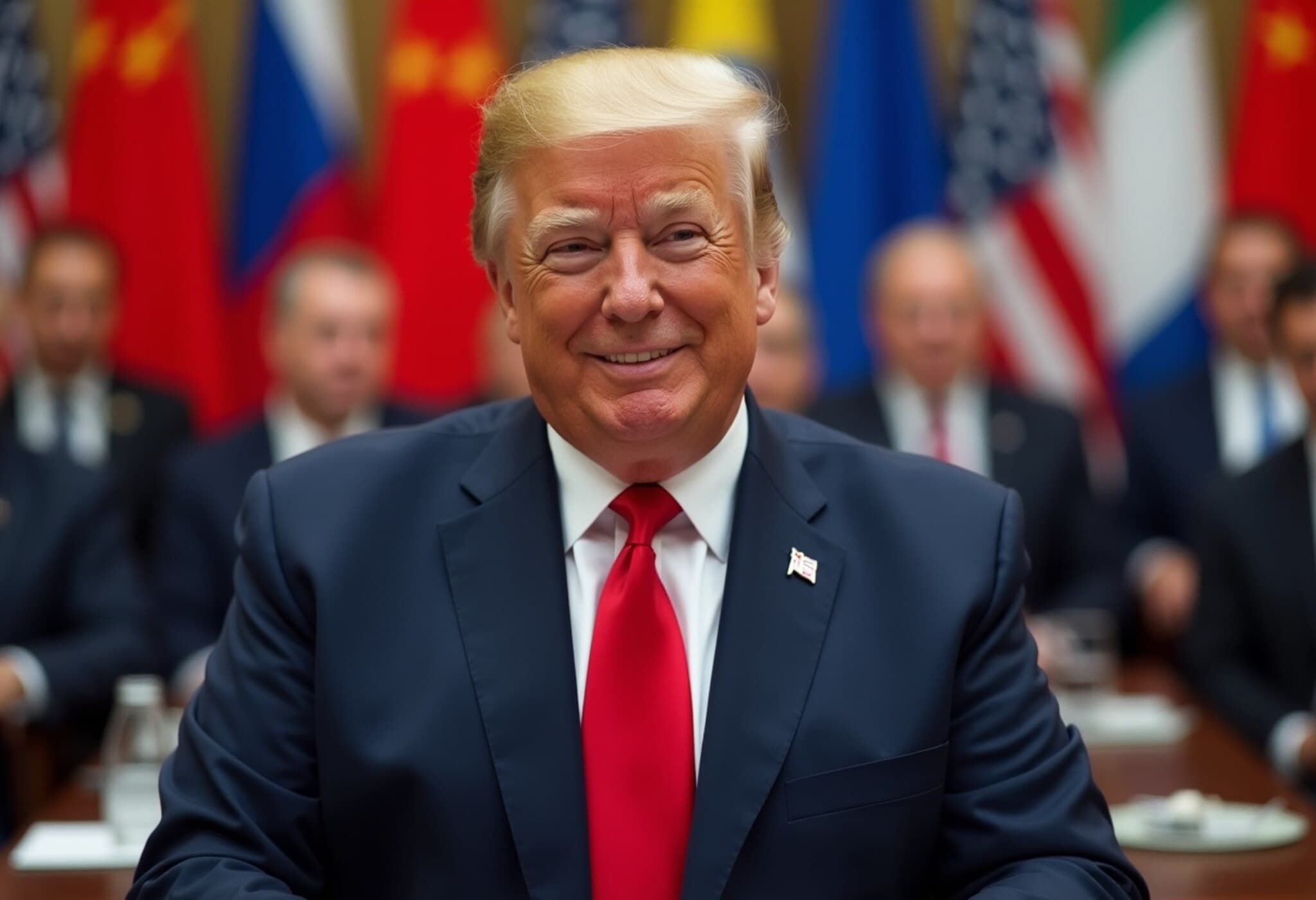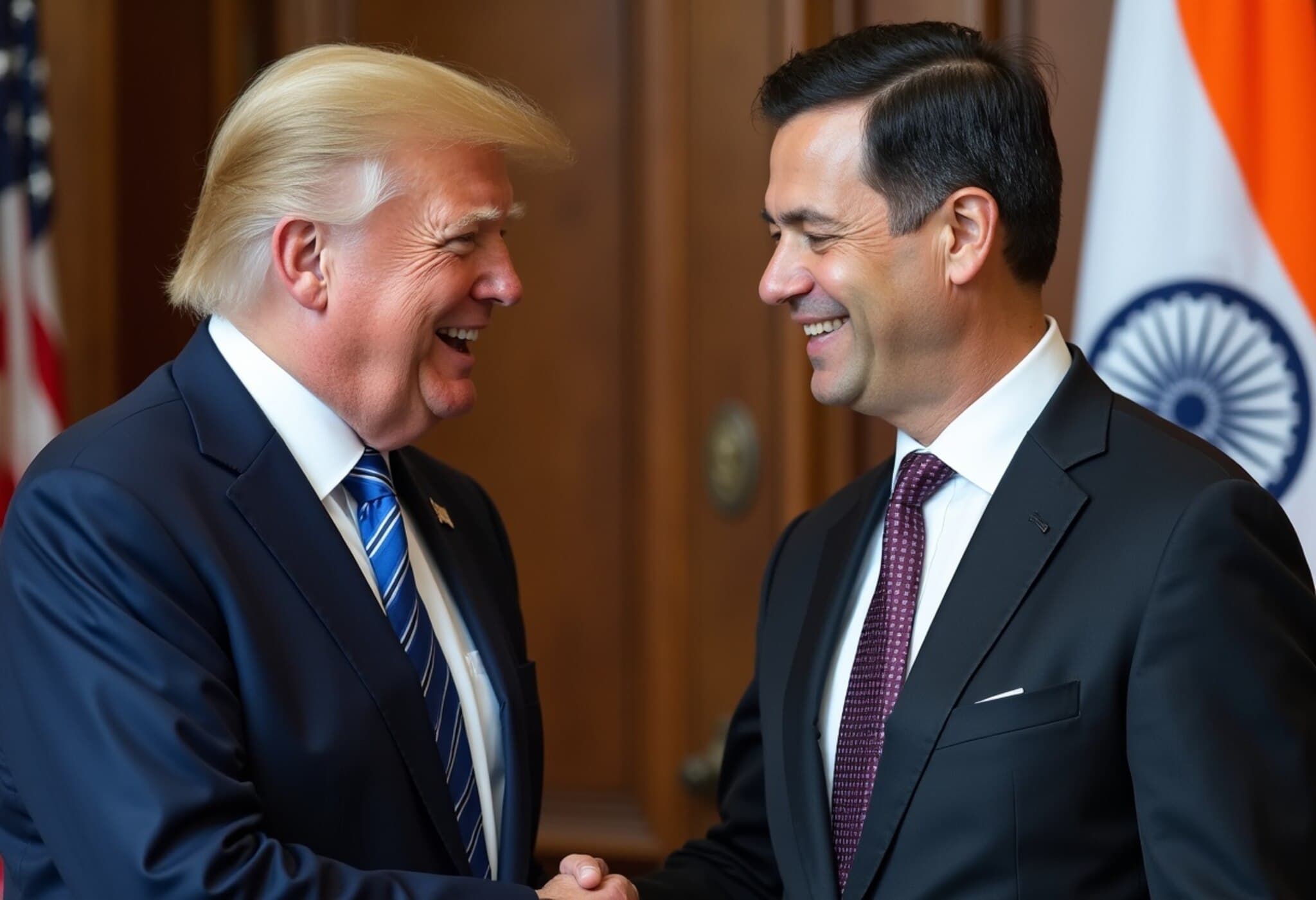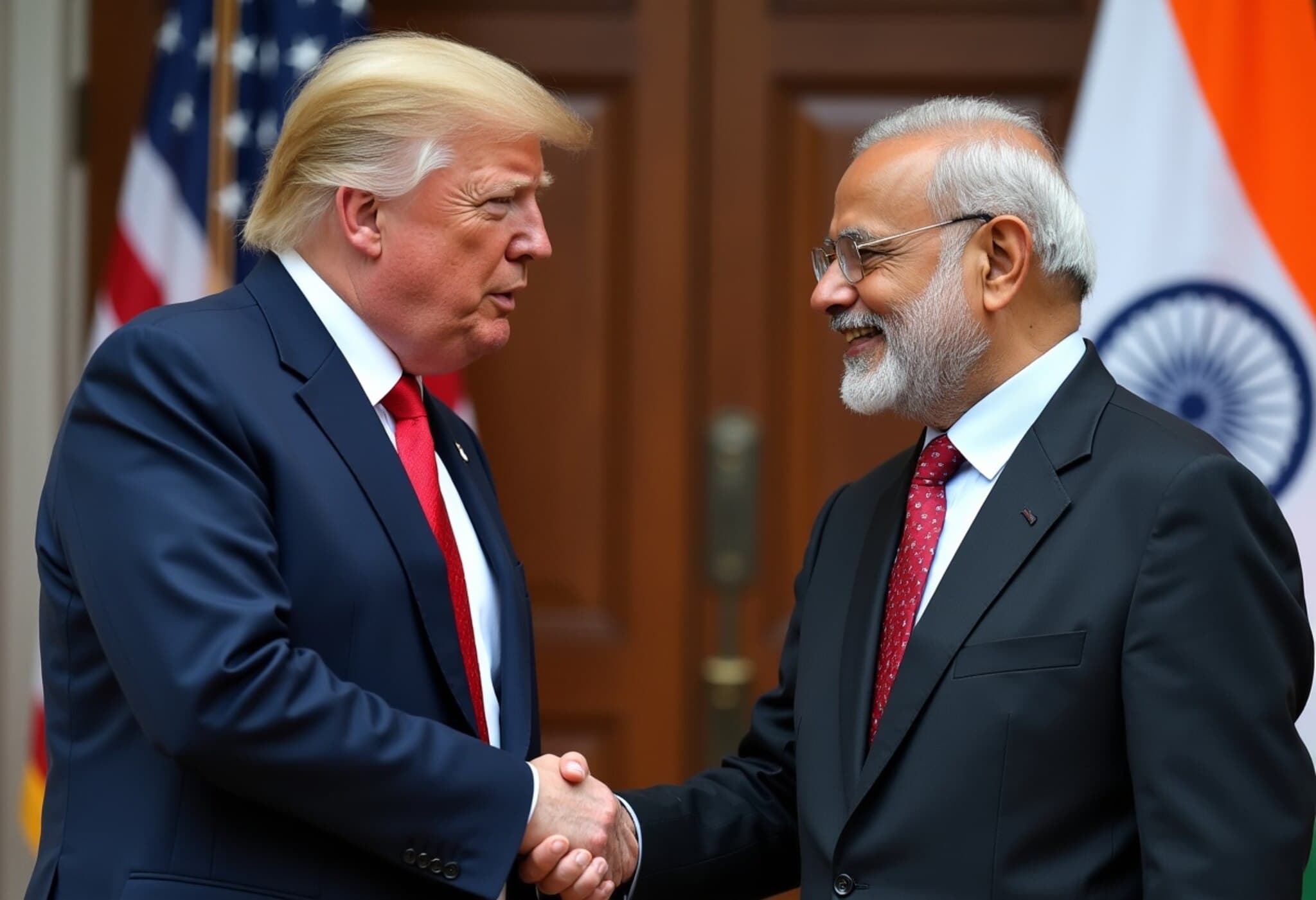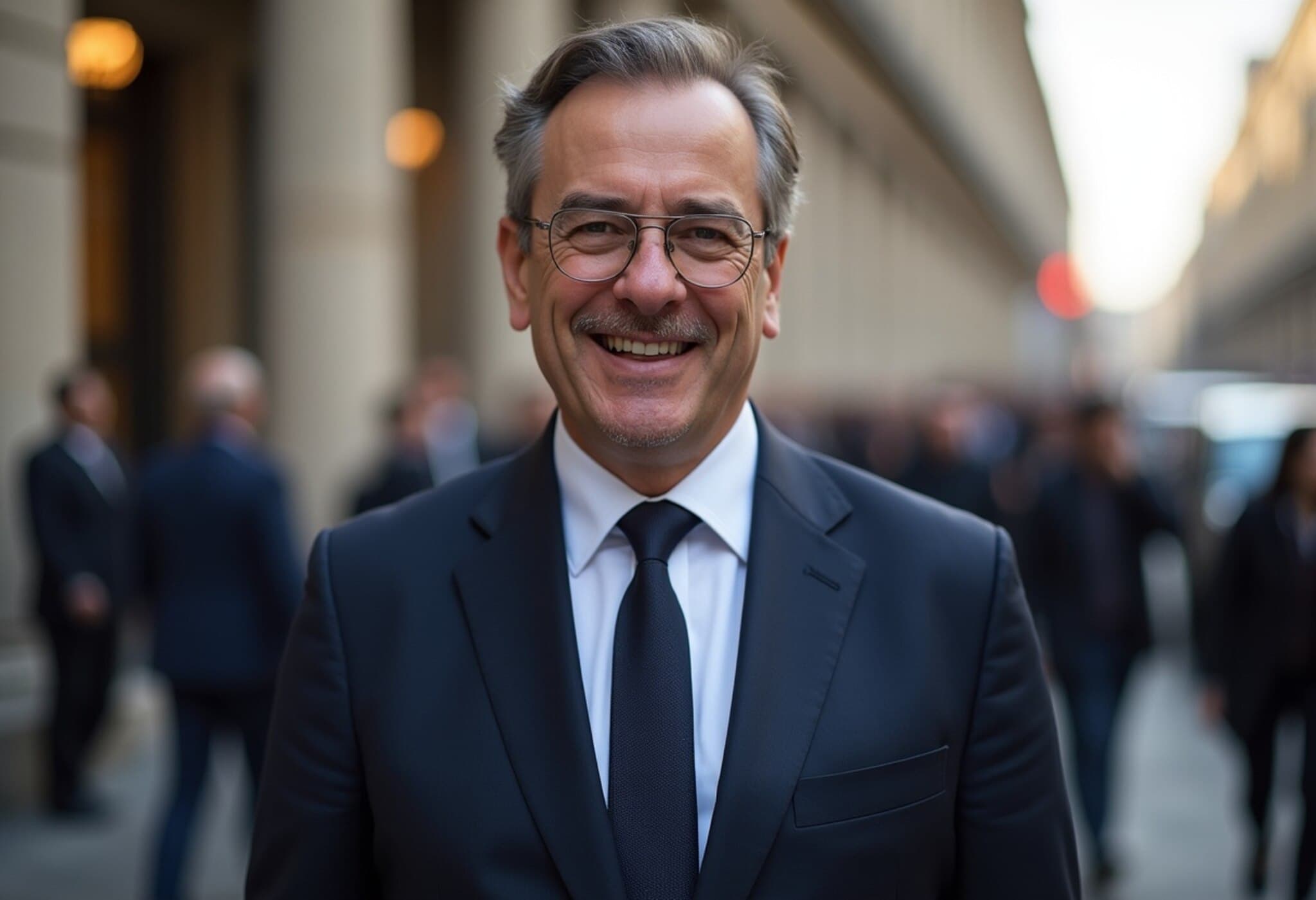American Daniel Martindale Receives Russian Citizenship Amid Ukraine Conflict
In a controversial development that underscores the complexities of the ongoing conflict in Ukraine, Daniel Martindale, a US citizen accused of assisting Russian forces from within Ukraine, has been officially granted Russian citizenship by President Vladimir Putin. The move was publicized on Russian state television on Tuesday, where Martindale appeared composed and formally accepted his new passport, signifying a deepening alliance between the individual and Moscow.
From Missionary to Informant: Martindale's Unlikely Journey
Martindale, who describes himself as a Christian missionary, initially lived in Russia in 2018—studying the language and teaching English in Vladivostok. Over time, he grew attached to the country, a bond strong enough that he later declared Russia to be his family.
In the months prior to Russia's large-scale invasion of Ukraine in February 2022, Martindale was living across the border in Poland. Sensing an imminent conflict, he boldly cycled from Poland into Ukraine’s western city of Lviv just as hostilities commenced. Calling the experience 'exciting,' Martindale embraced what he considered an adventure he had long anticipated.
Embedded Near the Front Lines: The Role of an Informant
During the next two years, Martindale traveled eastward to a Ukrainian-held village near the volatile front line in Donetsk. There, he blended into daily village life—planting crops and celebrating local holidays—while covertly passing sensitive information about Ukrainian troop deployments to Russian forces.
Denis Pushilin, the Russia-backed leader of the Donetsk region’s occupied zone, publicly lauded Martindale’s contributions, emphasizing that intelligence from him was instrumental in planning the capture of Kurakhove, a strategic town near a key Ukrainian logistics hub.
Exfiltration and Official Recognition
As Russian forces consolidated control over the area, Martindale was extracted by Russian special forces and brought to Moscow. At a November 2024 press briefing, he revealed his use of Telegram to maintain communications with pro-Russian groups and reiterated his mission to protect Russian soldiers and support a Russian presence in Ukraine.
On the day of the passport ceremony, Pushilin hailed Martindale’s naturalization as a "sign of respect and gratitude" for his loyalty and significant role in Russia’s military efforts.
Expert Insight: A Symbol of Broader Geopolitical and Ethical Questions
The case of Daniel Martindale highlights less visible but critical aspects of the Ukraine conflict—foreign nationals actively engaged in intelligence operations. Such individuals complicate traditional understandings of warfare and allegiance, raising challenging questions for US legal authorities and policymakers about espionage, citizenship, and international law.
From a US policy perspective, Martindale's actions pose potential national security concerns and diplomatic friction, as the US government officially refrained from commenting. His trajectory also spotlights the potent allure of ideological and personal identification that transcends national borders in modern conflicts.
Underreported Dimensions
- Legal ramifications: How US law treats citizens who provide material support to adversary nations in active conflict zones.
- Psychological factors: What motivates individuals like Martindale to forgo their birth citizenship in favor of controversial foreign allegiance?
- Media portrayal: The role of Russian state media in shaping narratives around foreign volunteers and their instrumental roles.
Looking Ahead
The story of Martindale is far from isolated, pointing to a broader trend of foreign involvement in Ukraine’s complex war. As Russia continues to fortify its influence in eastern Ukraine, understanding the dynamics and implications of these individual actors proves essential for contextualizing the conflict’s evolving landscape.

